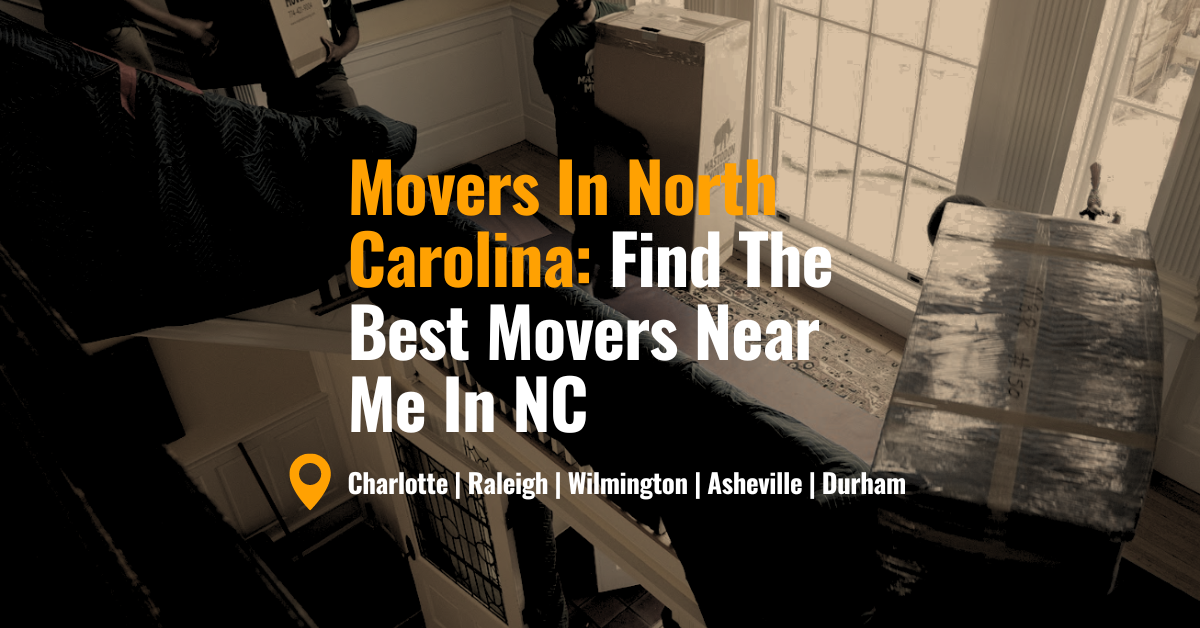Protecting Yourself During a Move in North Carolina
Moving can be a challenging process, and ensuring your safety and the protection of your belongings is crucial. Here are some essential steps to protect yourself during a move in North Carolina.
Hiring Reputable Movers
Research Moving Companies
Start by thoroughly researching potential moving companies. Check reviews and ratings on platforms like the Better Business Bureau (BBB) and Yelp. Additionally, verify the company’s registration and safety record with the Federal Motor Carrier Safety Administration (FMCSA).
- Federal Motor Carrier Safety Administration (FMCSA): FMCSA
- Better Business Bureau (BBB): BBB
Verify Licenses and Insurance
Ensure the moving company is licensed and insured. In North Carolina, movers are regulated by the North Carolina Utilities Commission (NCUC). You can verify a company’s registration and insurance status on the NCUC website.
- North Carolina Utilities Commission (NCUC): NCUC
Protecting Your Belongings
Inventory Your Items
Create a comprehensive inventory of all your belongings before the move. This list will help you track your items and make claims if anything is lost or damaged.
Understand the Insurance Coverage
Review the moving company’s insurance policies. Basic coverage may not be enough for valuable items. Consider purchasing additional insurance for better protection.
Avoiding Scams
Be Wary of Low Estimates
Be cautious of companies offering significantly lower estimates than others. This could be a sign of a moving scam. Always get at least three written estimates from different companies and compare them.
Know Your Rights and Responsibilities
Familiarize yourself with the “Your Rights and Responsibilities When You Move” booklet provided by the FMCSA. This booklet outlines important information and rights you have during the moving process.
Preparing for North Carolina’s Unique Challenges
Weather Considerations
North Carolina’s weather can be unpredictable, with hurricanes and severe storms being common. Plan your move with weather conditions in mind, and be prepared for potential delays or rescheduling.
- North Carolina Emergency Management: ReadyNC
Local Regulations and Permits
Check with local authorities for any specific regulations or permits required for moving trucks in your area. Some neighborhoods may have restrictions on the size or timing of moving trucks.
- North Carolina Department of Transportation (NCDOT): NCDOT

Insurance
User Reviews
Mystery Shopping
Licensing
Owner Screening
Location Verification






